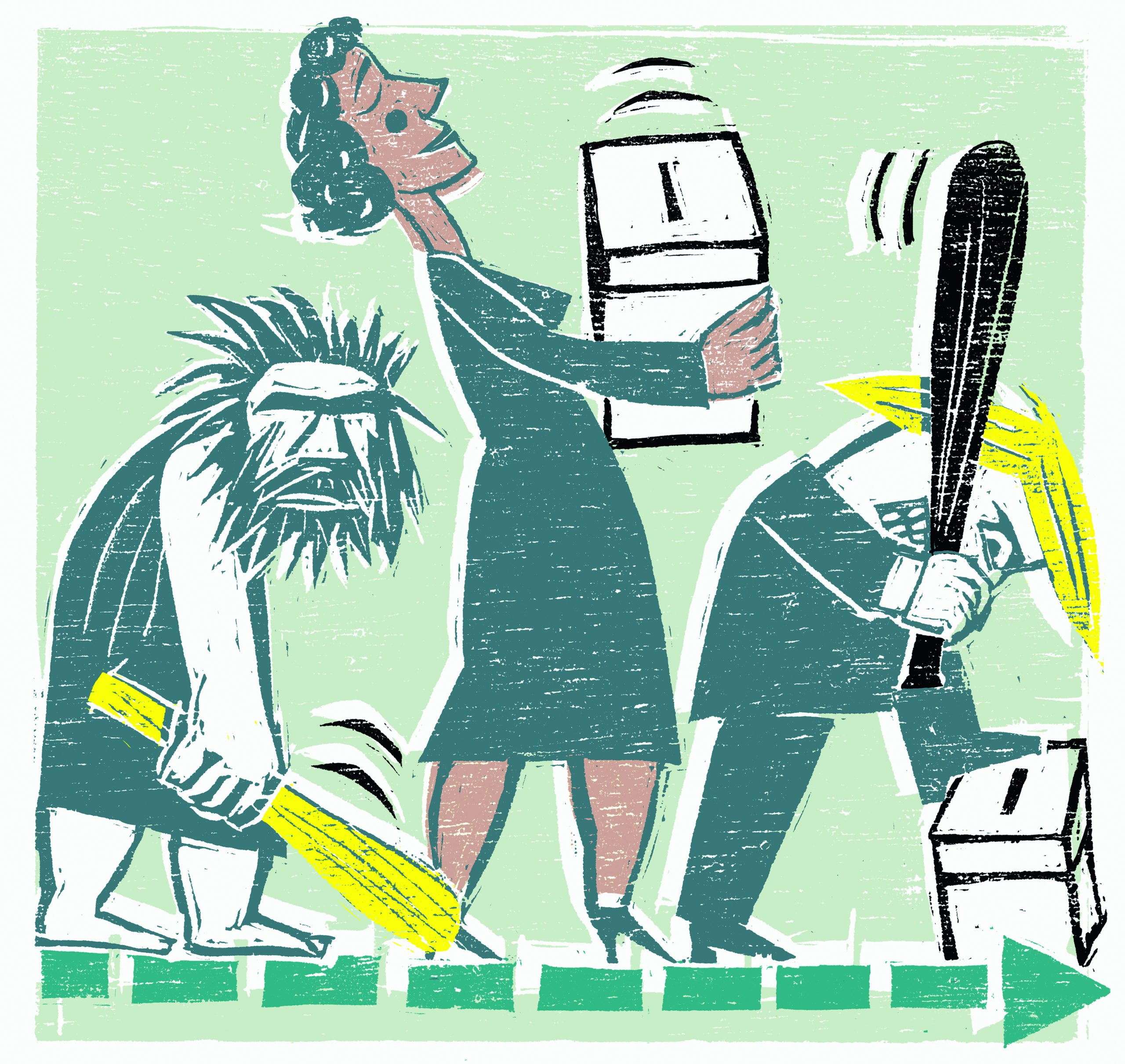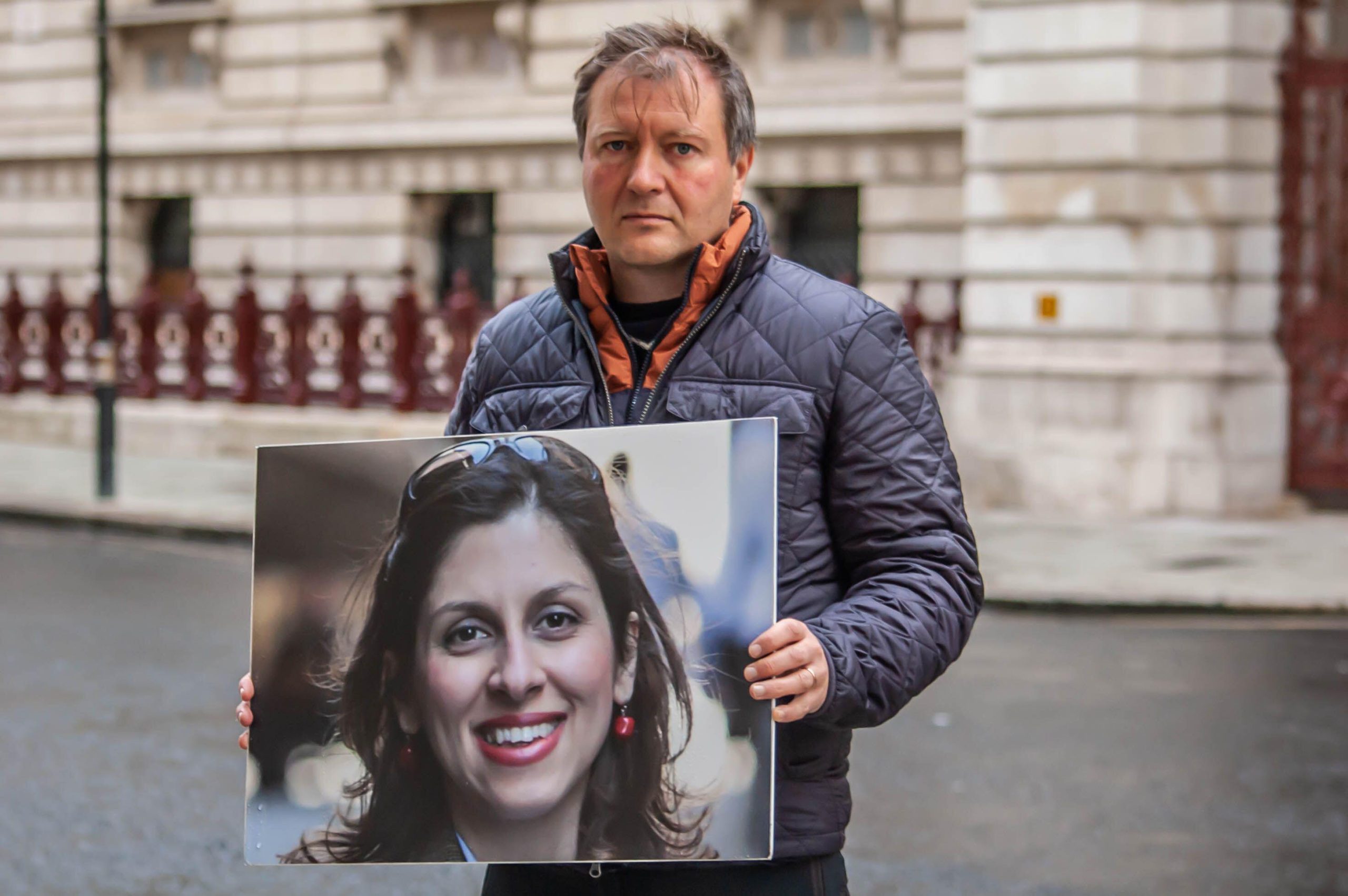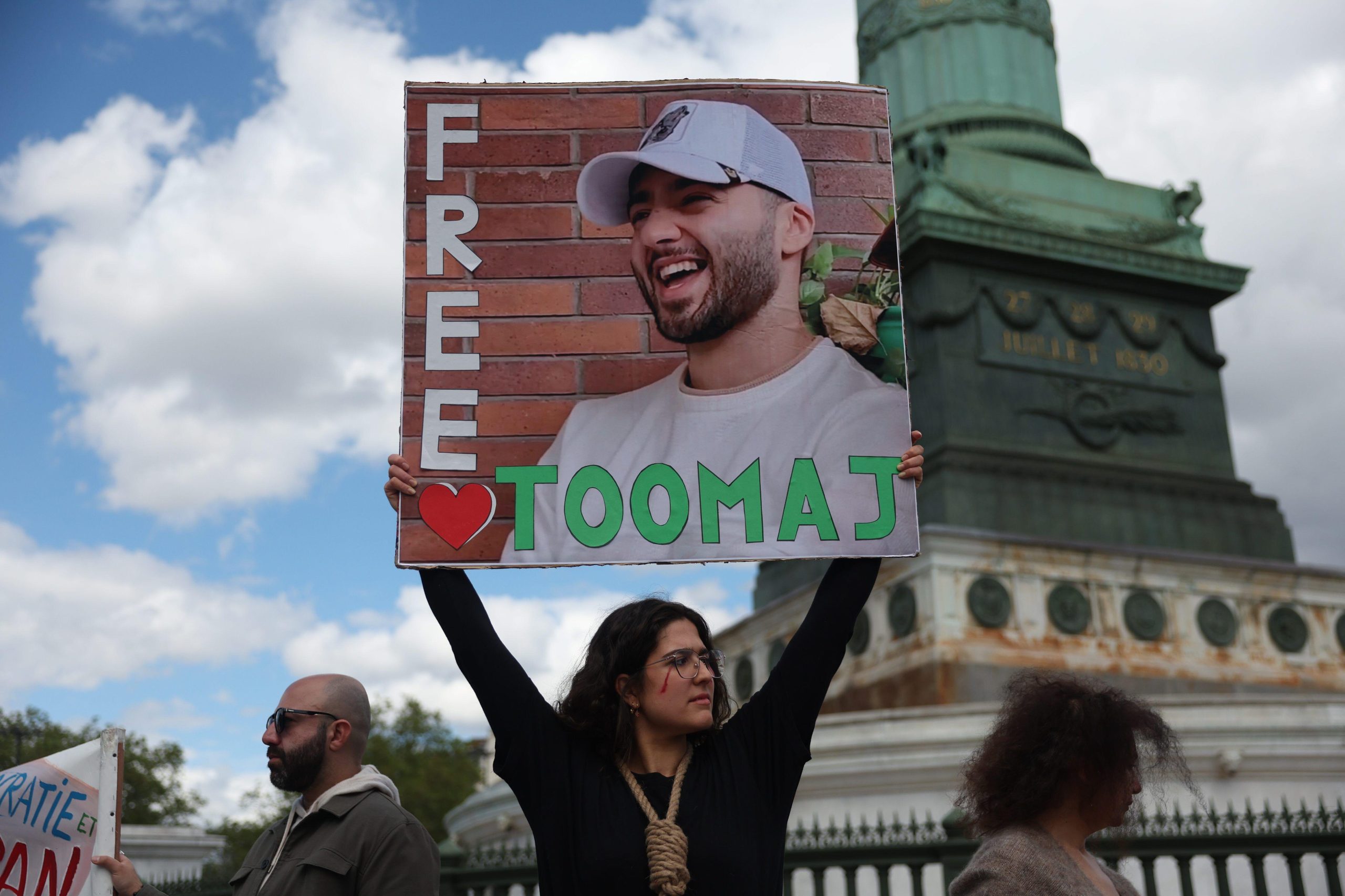 The social media campaign against Rod Liddle, rumoured to be made editor of the Independent, is not just illiberal, argues Hari Kunzru, it is dangerous, censorious, and inexcusable. The centre-left has damaged the culture of free speech in Britain
The social media campaign against Rod Liddle, rumoured to be made editor of the Independent, is not just illiberal, argues Hari Kunzru, it is dangerous, censorious, and inexcusable. The centre-left has damaged the culture of free speech in Britain
Over the last few weeks, the rumour that Alexander Lebedev has invited Rod Liddle to become editor of the Independent has caused dismay amongst users of social media. I’ve never met Liddle, but have found much to dislike in his boorish public image and crass opinion-pieces. Like many people, I question his suitability to be the editor of one of the major organs of the British centre-left, because he seems to share so little of its culture.
I participated in the initial build-up of chattering-class disgruntlement, retweeting messages and joining a Facebook group protesting the proposed appointment. Resentment against Liddle was obviously widespread, and the outpouring of disgust in the twittersphere was a legitimate (and impeccably democratic) means of protest. However, when it was reported that Diane Abbot and Paul Flynn were proposing an anti-Liddle EDM in parliament, I decided the whole business had now definitively jumped the shark.
It’s ironic that the group pushing hardest against Liddle is Liberal Conspiracy, now apparently “Britain’s most popular left-of-centre politics blog”. Liberalism, in its classical form, proposes individual freedom as the highest political value, yet the anti-Liddle protests now seem to have transformed into an ugly kind of group-think, aimed not merely at stopping a right-wing landgrab at a major UK paper, but in censoring Liddle’s right to express his opinions in public.
Twitter is a powerful tool. Recently, as a result of widespread retweeting, the columnist Jan Moir was forced to repudiate homophobic insinuations regarding the death of Stephen Gately. However for every well targeted protest there’s an unsubstantiated rumour. Lindsay Lohan is reported dead almost weekly. The (satirical) internet meme “Glenn Beck raped and killed a young girl in 1990” is still in circulation, and I seem to be getting daily invitations to join a group protesting some non-existent plan to charge for Facebook. Twitter, with its 140 character utterances, does not lend itself to nuance, and one thing that’s sacrificed to immediacy is a sense of balance, to say nothing of fact-checking.
Many on the left have unhappy memories of the period of the so-called “culture wars” that overtook American (and to a lesser extent British) academia. The laudable wish to protect minorities from atttack led to a widespread movement to police offensive speech. In the feverish climate of the time, a frank hysteria about linguistic usage, drily satirised as “political correctness” was taken to absurd lengths. The culture wars were evidence of a profoundly authoritarian tendency within the centre-left, as people who claimed to be working for freedom sought to impose a homogeneity on public expression that reminded some of the excesses of Stalinism. This same authoritarianism is still very much part of British centre-left politics: the wish to impose curbs on individual freedoms in the name of the good of the group is behind such things as New Labour’s cavalier disregard for civil liberties.
Maybe the trouble with liberalism, at least as embodied by Liddle’s chief rhetorical opponents, is precisely this strain of disguised authoritarianism. It’s the bastard child of the twentieth-century modernist wish to impose a rational order on society, a trivial and rather prudish creed, which, seeing little chance of ordering the vast chaos of social and economic life, busies itself with policing the boundaries of civility. Silencing Rod Liddle (or at least relegating him to making “daring” laddish banter with the other denizens of a Millwall FC chatroom) will not solve any problem of importance. Indeed it is likely to do much more harm than good, both to the the political cause the anti-Liddlites claim to serve, and more importantly to the culture of free speech in Britain. The “chilling effect” of internet campaigns against proponents of unpopular views has the potential to damage our public life. Liberal conspirators should beware — censorship is not just a tactic of the political right, and just because you feel you’re doing it “for the right reasons”, doesn’t make it any more excusable.





